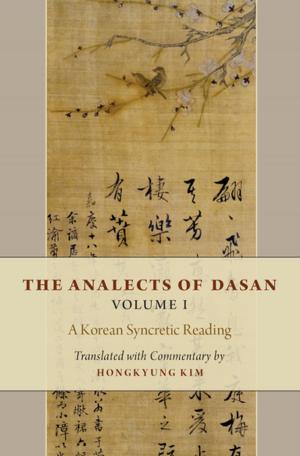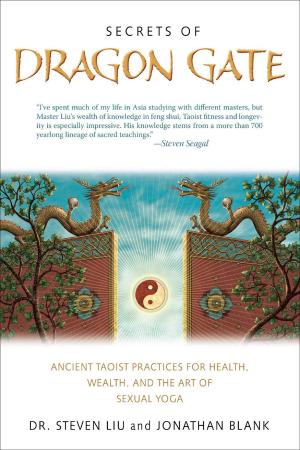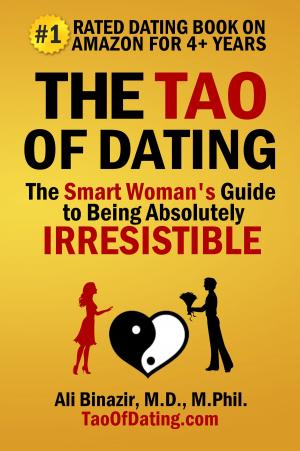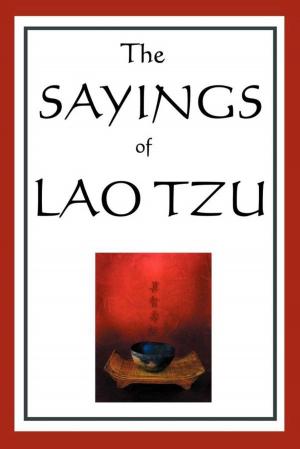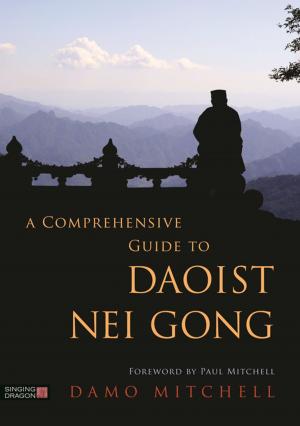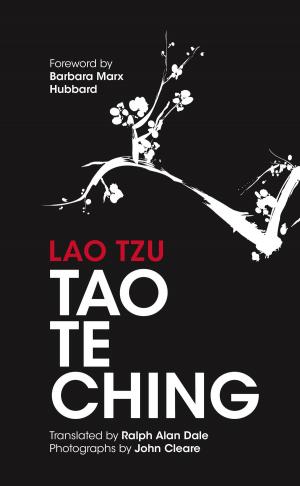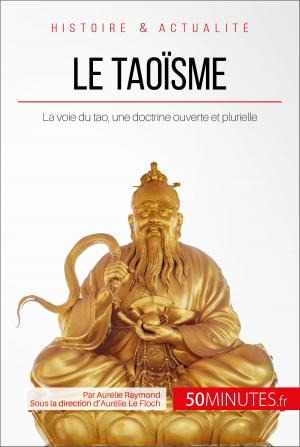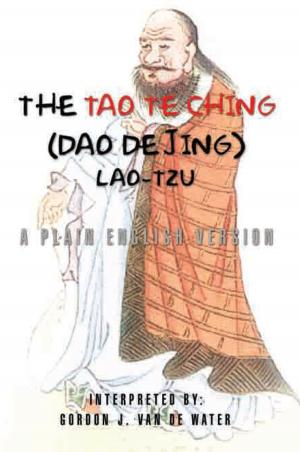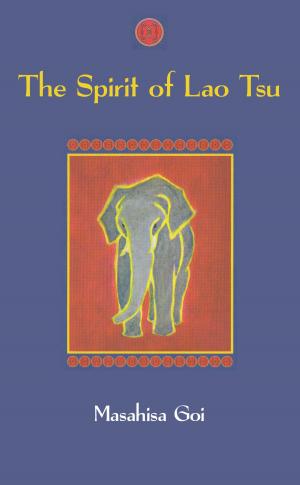| Author: | Max Crisp | ISBN: | 9791094007006 |
| Publisher: | E. M. Crisp | Publication: | October 6, 2014 |
| Imprint: | Smashwords Edition | Language: | English |
| Author: | Max Crisp |
| ISBN: | 9791094007006 |
| Publisher: | E. M. Crisp |
| Publication: | October 6, 2014 |
| Imprint: | Smashwords Edition |
| Language: | English |
From the eyes of the Savage Saxon, we see the world as it was many hundreds of thousands of years ago, as primates became hunter-gatherers and came into possession of immovable wisdom.
Tao and Empire is a series of new interpretations of the Dao De Jing, the ancient Chinese philosophical text, bringing revised and refreshed perspective to one of humankind's most highly regarded cannons of wisdom. As with the Emerald Tablet, every generation of scholars must choose whether to adapt its meaning to disseminate its value or conversely to encrypt it for the purposes of retaining a monopoly on that value.
In a series of five volumes, Tao and Empire plays carefully with this balance. After all, the meaning of these texts is highly subjective and often somewhat opaque. The over-arching aim is to offer a series of interpretations that show how humanity has embraced the way of the empire. At the same time, it not only embodies the rise and fall of civilisations, but also of the individual.
Most centrally, however, are the ideas of equality and cooperation. Understanding the tribe from the eyes of an ape, or the Empire through the eyes of a citizen, forms a right of passage for any member of the civilisation, regardless of their status.
From the eyes of the Savage Saxon, we see the world as it was many hundreds of thousands of years ago, as primates became hunter-gatherers and came into possession of immovable wisdom.
Tao and Empire is a series of new interpretations of the Dao De Jing, the ancient Chinese philosophical text, bringing revised and refreshed perspective to one of humankind's most highly regarded cannons of wisdom. As with the Emerald Tablet, every generation of scholars must choose whether to adapt its meaning to disseminate its value or conversely to encrypt it for the purposes of retaining a monopoly on that value.
In a series of five volumes, Tao and Empire plays carefully with this balance. After all, the meaning of these texts is highly subjective and often somewhat opaque. The over-arching aim is to offer a series of interpretations that show how humanity has embraced the way of the empire. At the same time, it not only embodies the rise and fall of civilisations, but also of the individual.
Most centrally, however, are the ideas of equality and cooperation. Understanding the tribe from the eyes of an ape, or the Empire through the eyes of a citizen, forms a right of passage for any member of the civilisation, regardless of their status.

